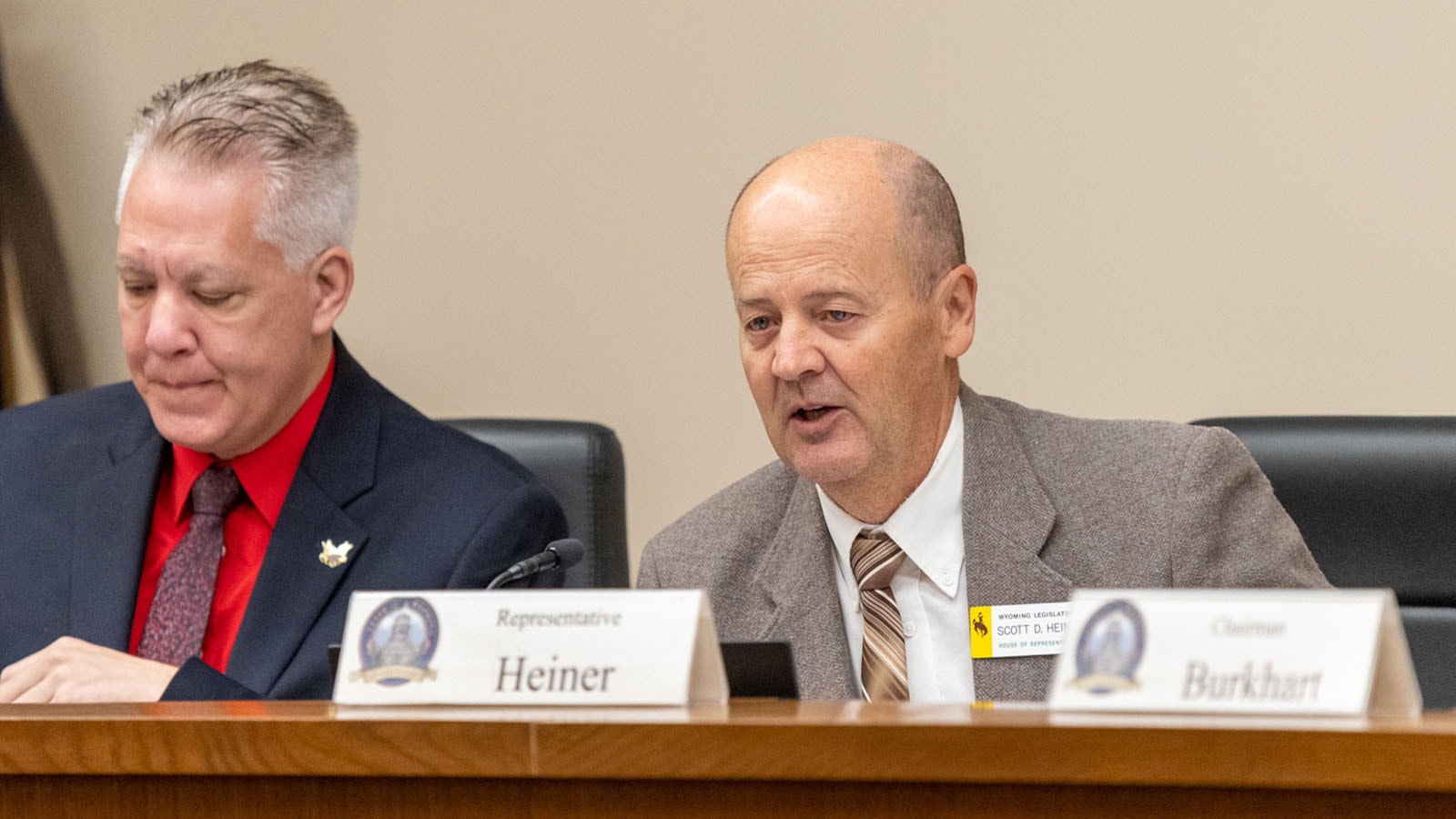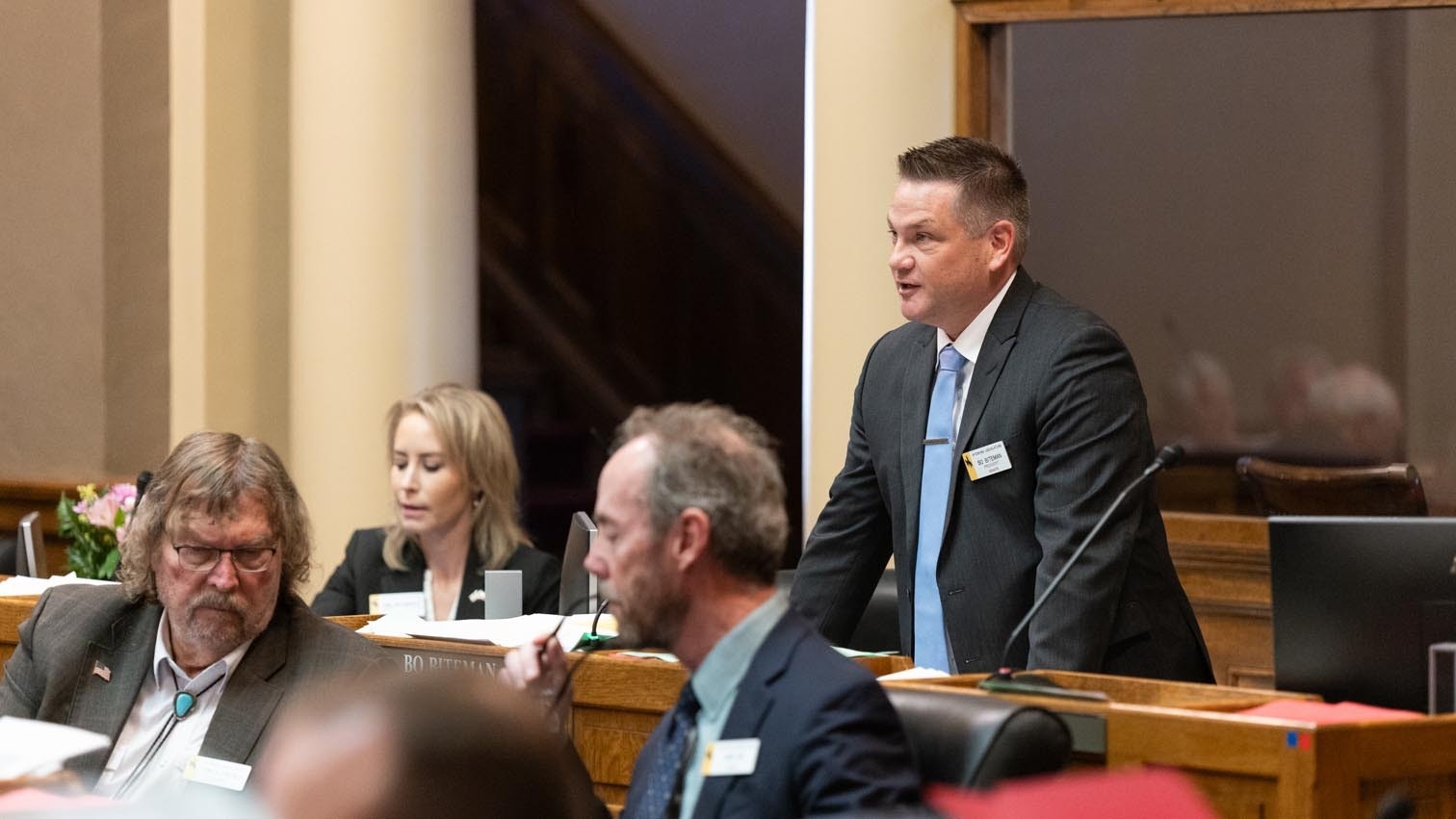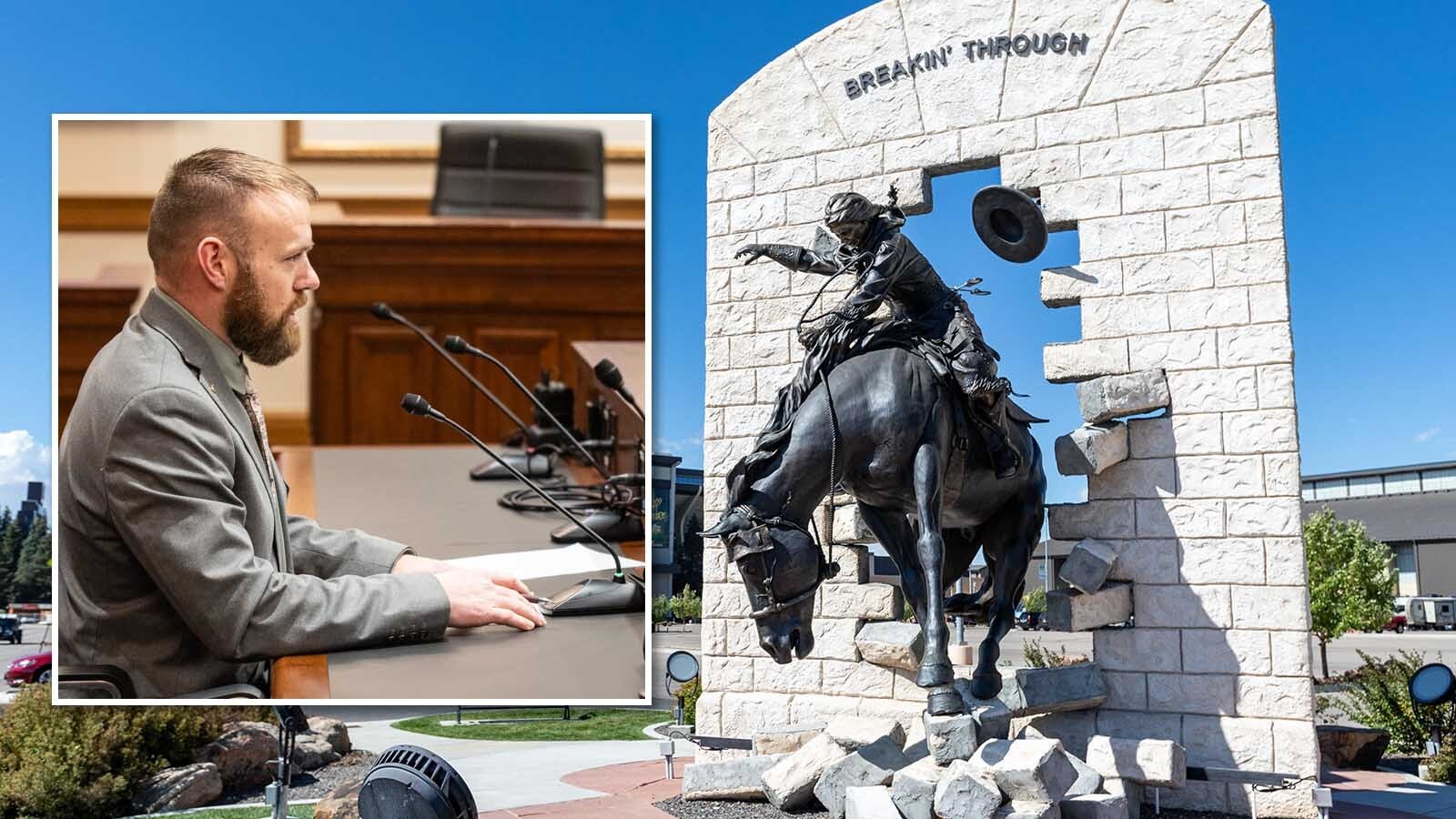Members of the Wyoming Legislature’s House Minerals, Business and Economic Development Committee is questioning if a program that helps municipalities dispose of dead animals is being used enough to justify the $100,000 annual appropriation it receives.
Hunters and meat processing facilities used to throw the remains of animals in landfills, but since those carcasses leak blood and other fluids, they pose a risk to groundwater.
For years, the EPA has been beefing up landfill regulations to protect groundwater, but compliance carries a huge cost that many communities in Wyoming can’t afford.
Instead, they have had to stop accepting anything at their landfills other than yard waste and construction and demolition materials, which don’t require expensive upgrades such as liners to protect groundwater.
This has left hunters and meat processors with fewer options for getting rid of their animal remains.
Composting Trick
Craig McOmie, program manager for the Wyoming Department of Environmental Quality, told the committee during its meeting at the state Capitol in Cheyenne on Wednesday, that there’s a workaround that allows animal waste to be disposed of legally in landfills that accept yard waste.
If animal waste is composted properly with wood chips, it will become acceptable to be disposed of in a landfill, he said.
McOmie said that one meat packer in southwest Wyoming was paying $60,000 a year to dispose of offal, which is the waste remains of a processed animal.
The DEQ provided a class on composting, and the company realized it could compost a lot of the material itself on its property.
The composting, McOmie said, gets the liquids out of waste and deals with the nitrogen in it, which is what causes a problem for groundwater.
“So by using this media [wood chips], the bugs get happy,” McOmie said. “They break all of this down, and then the wood chips can be thrown away, which are considerably lighter, and they’re not a threat to groundwater.”
Low Interest
House Bill 50, Solid Waste Cease and Transfer Program Funding, determines priorities for paying to help towns cover the costs of landfill closures and build transfer stations for the temporary storage of municipal solid waste that’s trucked to EPA-compliant landfills.
Included in those priorities is money for the carcass management project.
The committee voted to move the bill forward, but Rep. J.T. Larson, R-Rock Springs, asked a representative of the Wyoming Department of Environmental Quality about the challenges the carcass program has had generating interest.
“It’s a difficult question in a way,” said Suzzane Engels, administrator of the solid and hazardous waste division.
Engels explained that the department is trying to promote the program and thought it would get an application this year, but a timing issue with the applicant led to it falling through.


Clean Prairies
Rep. Scott Heiner, R-Green River, suggested the committee keep an eye on the program and consider squashing it in the future if it’s not being used.
“It still continues to lack a lot of energy behind it,” he said. “Our communities are not jumping on that. Apparently, there’s not that big of a need at this time.”
Rep. Donald Burkhart, R-Rawlins, who chairs of the committee, said the program has value, especially for discouraging hunters disposing of animal remains in fields.
“I’ve seen it where people have a carcass after hunting season and just take it out on the prairie somewhere and leave it,” Burkart said, adding that the carcass program “keeps the prairie clean, keeps our communities clean.”
Rep. Cyrus Western, R-Big Horn, said he agrees that if the program isn’t being used, it doesn’t make sense to fund it, but he suggested more communication between the Wyoming Game and Fish Department, hunters and communities might generate more applications for the program.
McOmie said the program can fund some expenditures to help with composting programs for carcass disposal. It also pays for dumpsters that hunters can use to dispose of their carcasses, as well as roadkill.
He said that there are a couple applications in the works to tap into money from the program.


Unanimous Vote
The committee members voted unanimously to move HB 50 forward out of committee.
In addition to funding for the carcass management program, the bill includes $31 million for landfill closure and transfer station construction.
The Legislature has appropriated about half of that money already.
Engels said that the exact amount of funding the 18 projects on the list will need is difficult to determine. Costs change over time, and some projects aren’t funded at 100%.
The balance remaining for the program, Engels said, is enough to cover the projects planned for this year.
To date, the program has paid for 32 projects totaling $48 million.





